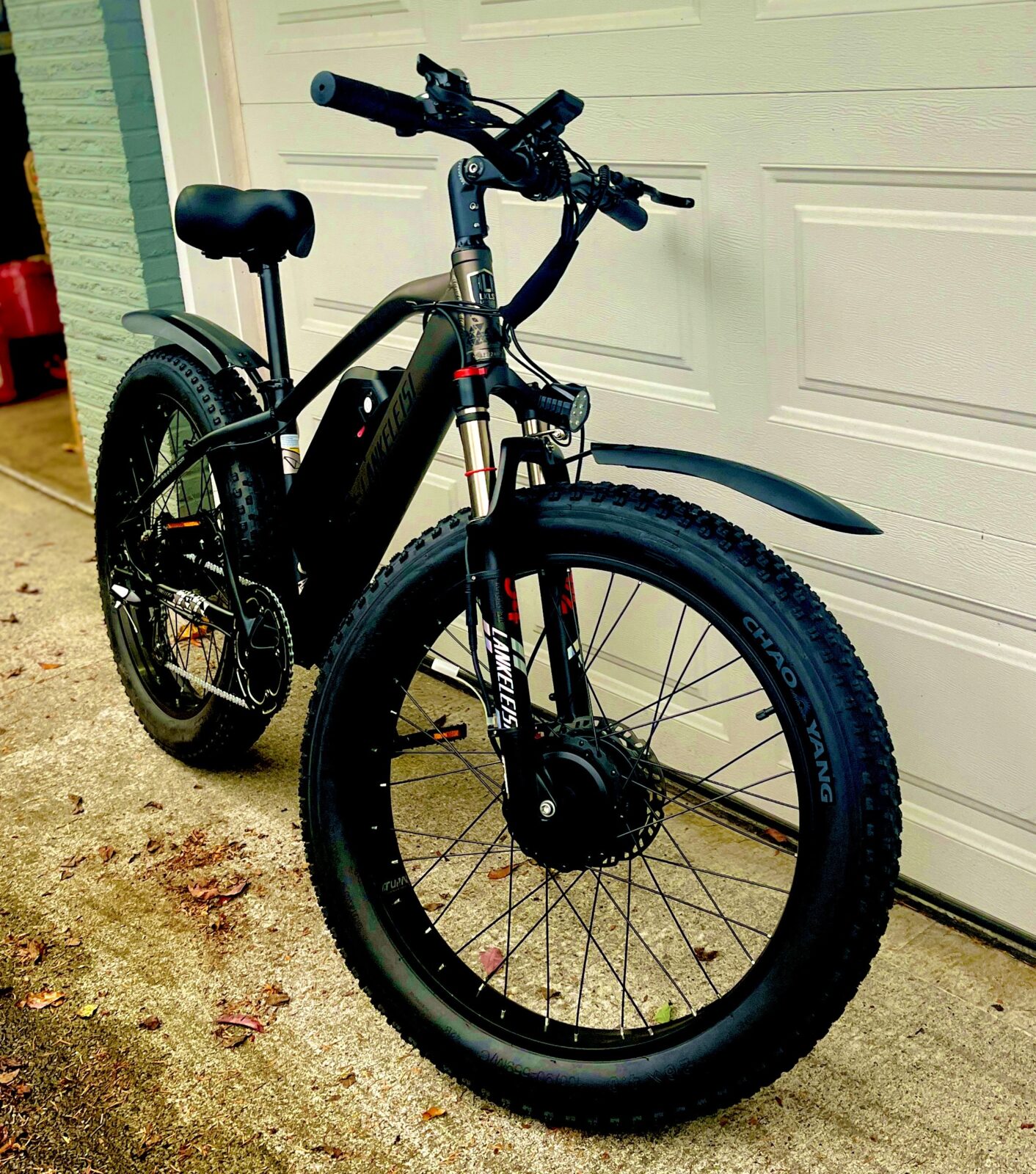Sign up for daily news updates from CleanTechnica on email. Or follow us on Google News!
It’s no secret that the incoming second Trump administration has it out for the National Oceanic and Atmospheric Administration (NOAA). The obvious beef there is that the agency does a lot of research into climate change. Finding and sharing truth about that topic isn’t great for oil companies, so the politicians they buy are obligated to do something about that. But it may surprise some readers that the weirdos also have a strange axe to grind with the National Weather Service (part of NOAA), because they’d rather a private company charge people for weather alerts.
No matter how much we like it, Trump won the election fair and square, even if many regretful voters have been Googling “What is a tariff?” and “How do I change my vote?” Instead of whinging about it, it’s time to think about how to deal with it.
Why NOAA’s Work Matters
🚨ANNOUNCEMENT! 🚨
We have a new Greenhouse Gas Monitoring & Services webpage!
This new resource offers a one-stop platform for @NOAA-wide GHG information, news, emissions, data, tools, science explainers, reports, assessments, & educational resources.https://t.co/BJDQTa4Ij7 pic.twitter.com/uX56mhmvwi
— NOAA Climate.gov (@NOAAClimate) November 14, 2024
Here’s the thing: nobody does what NOAA does. While it may be possible to move weather data collection and forecasting to private entities who could fund that work with user fees, there’s really not much of a market for climate change research. Sure, climate scientists could put their work up on Patreon and YouTube, but let’s face it: they’re just not as interesting as OnlyFans for most people.
The data is not only useful for getting people to want to change their ways, but it helps everyone prepare for the climate change that’s already baked in. Even privatized weather predictions will suffer if meteorologists don’t understand what’s changing. Emergency managers, the Department of Defense, coastal city planners and officials, and many other life-and-death fields would be disrupted and even blindsided by a lack of research.
2026 Can’t Come Soon Enough
Assuming Trump doesn’t go full-tilt dictator and spark a civil war (Republicans don’t have a monopoly on guns these days), majorities in the House of Representatives and the Senate are unlikely to last. Even when people aren’t regretting their vote for president, the winning party almost always has a terrible election experience two years after getting into the White House. FiveThirtyEight explains that this is probably caused by people who are dissatisfied with the new president, regret their votes, and want to put a check on his power by electing the opposite party to power in Congress.
Personally, I’d add that overreach is probably a big contributor to that. Popular presidents don’t suffer major losses in their first midterm like average or unpopular ones do, and odd situations like 2022 can be explained by people feeling badly toward the party that’s not in the White House. In other words, the more a president departs from the status quo and upsets apple carts, the more likely a big midterm loss will hit them.
If Trump keeps all of his direct promises and even partially follows the Project 2025 game plan, he’s going to suffer badly in two years.
But, when there’s a bull in the china shop, two years is a long time. Unlike his first term, when he had people around him keeping him from going off the rails, Trump plans to staff everything he can with loyalists, or “yes men.” This would not only keep NOAA scientists from continuing current work and data sharing, but would also disrupt the whole culture of the agency (or what’s left of it). With experienced and honest people out and snake oil salesmen in, it would take years to get the agency back on track.
So, we’re not talking about just a couple of years of delay on research. We’re talking about everything being slowed down for as much as a decade. We’re talking about other countries getting a leg up on the United States, making us less competitive globally. If it gets bad enough, we’re talking about letting the Xi Jinpings and the Vladimir Putins of the world become the top dogs.
In other words, the result would be anything but “America First.”
How States Can Step In
One really great thing about the United States is that the states are states. They’re not provinces. They’re not “political subdivisions.” They really are a kind of independent political entity, at least outside of the limited powers that have been given to the federal government and subject to things like the Fourteenth Amendment and the Bill of Rights. While I don’t subscribe to the concept of “states’ rights” (only people get actual rights), states do have powers as long as their governments act within the limits of the U.S. and their own individual constitutions.
Because states have a great measure of political sovereignty, and Republicans are supposed to be all about “states’ rights,” there’s nothing the federal government can really do to stop states from funding climate research efforts, weather forecasting, and almost everything else NOAA does. The states can’t take the agency away from the federal government, but they could open their own agency and then offer everyone already working there a job. With looming mass firings and dishonest policies coming for the remaining employees, it wouldn’t be hard to get most of them.
Then, when the real NOAA gets put back together, they can easily get hired back to their old jobs without missing too many beats.
Challenges
The most obvious challenge is going to be funding. States can legally do this, but states don’t have the ability to print money (yes, I know that’s a simplification). They also mostly have to stick to a balanced budget, and can’t run endless deficit spending the way the federal government does. Coming up with the money, even working together with like-minded states, can be a challenge.
Another challenge will be property. If the Trump admin is willing to sell the buildings, ships, vehicles, etc. to the states, it could be fairly straightforward. But if Trump wants to make this hard for states, he could choose to keep it all. This would not only add funding woes, but make it tough to get everything rebuilt. In some cases, this would prevent the work from going forward quickly.
Other challenges include things like retirements for NOAA employees, the possibility of Trump trying to get in the way, red states refusing to allow personnel to work in their states, and many other things.
It wouldn’t be super easy to do this, but it would be worth it!
Featured image by NOAA (Public Domain).
Have a tip for CleanTechnica? Want to advertise? Want to suggest a guest for our CleanTech Talk podcast? Contact us here.
Sign up for our daily newsletter for 15 new cleantech stories a day. Or sign up for our weekly one if daily is too frequent.
CleanTechnica uses affiliate links. See our policy here.
CleanTechnica’s Comment Policy




